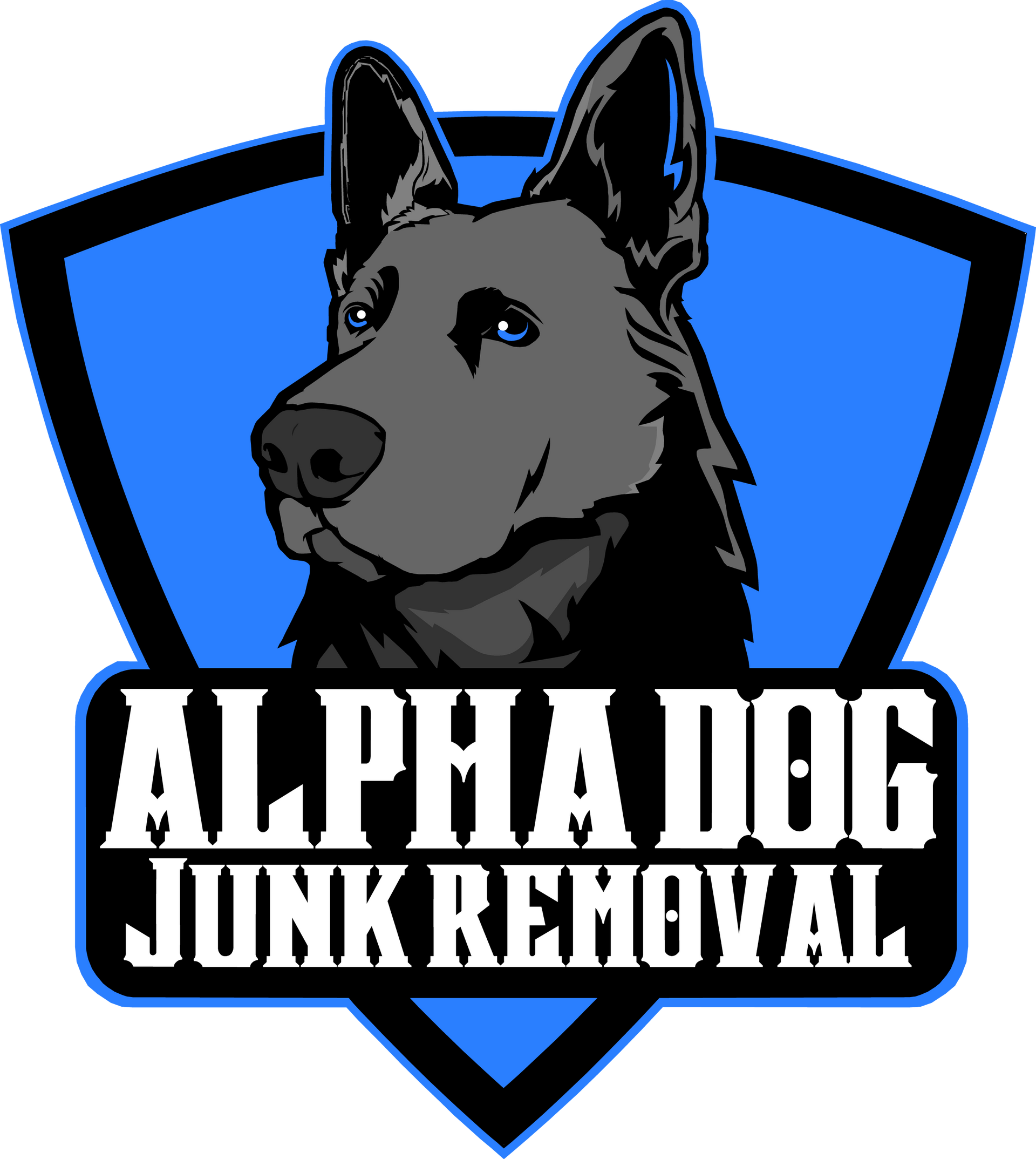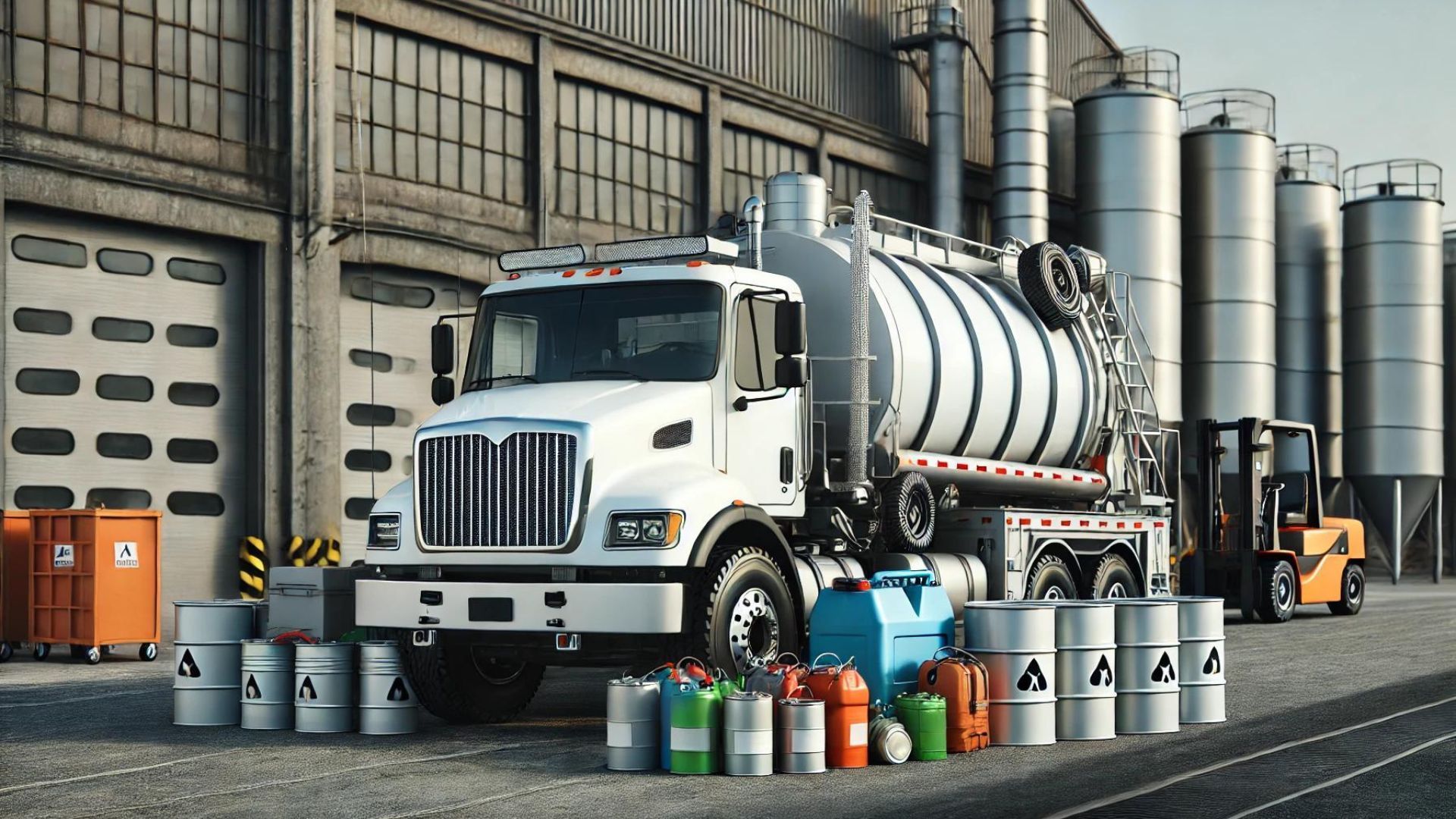The Essential Guide to Hazardous Waste Removal
Have you ever found old paint cans, cleaning chemicals, or batteries in your garage and wondered what to do with them? These items, along with a variety of other materials, are considered hazardous waste. Simply throwing them away is not an option—they need to be handled with care. Hazardous waste removal is all about ensuring that these potentially dangerous materials are disposed of safely and responsibly. In this guide, we’ll dive into what qualifies as hazardous waste, how the removal process works, and why it’s so important to handle these items properly.
What Is Hazardous Waste?
Hazardous waste includes any substances that pose a threat to human health or the environment. This can be anything from household chemicals to industrial waste. The EPA (Environmental Protection Agency) categorizes hazardous waste into four primary types:
1. Ignitable
These are materials that can catch fire easily, like gasoline, paint thinners, and certain cleaning agents.
2. Corrosive
These are materials that can eat away at metals or other surfaces, such as strong acids and bases (like battery acid).
3. Reactive
Substances that can explode, react violently, or produce toxic gasses when mixed with waterfall into this category. Old propane tanks and certain chemicals are examples.
4. Toxic
Toxic materials include substances that are harmful if inhaled, ingested, or come into contact with skin. Pesticides, antifreeze, and certain electronics contain toxic components.
Knowing what qualifies as hazardous waste is the first step in ensuring its safe removal.
Common Examples of Household Hazardous Waste
| Category | Examples |
|---|---|
| Paint & Solvents | Oil-based paints, varnishes, paint thinners, and wood stains. |
| Cleaning Products | Bleach, ammonia-based cleaners, and drain openers. |
| Automotive Products | Motor oil, gasoline, brake fluid, and car batteries. |
| Pesticides & Herbicides | Bug sprays, weed killers, and fertilizers. |
| Batteries | Lead-acid car batteries, rechargeable batteries, lithium batteries. |
| Electronics (E-Waste) | Computers, televisions, cell phones, and small appliances. |
| Medications & Sharps | Prescription drugs, over-the-counter medicines, needles, and syringes. |
These materials should never be disposed of in your regular trash. Instead, they require special handling and disposal through a certified hazardous waste removal service.
Why Is Proper Hazardous Waste Disposal Important?
1. Protect Human Health
Hazardous materials can pose a variety of health risks. For example, inhaling fumes from paint or pesticides can cause respiratory issues, while contact with corrosive materials can lead to skin burns or poisoning.
2. Safeguard the Environment
Hazardous waste, when improperly disposed of, can contaminate soil, water supplies, and the air. For instance, chemicals from batteries can leach into groundwater, and toxic fumes from certain cleaning agents can contribute to air pollution.
3. Compliance with Laws & Regulations
Local, state, and federal laws strictly regulate the disposal of hazardous waste. Failing to follow these rules can result in fines or legal consequences, especially for businesses that produce waste regularly.
4. Promote Recycling & Reuse
Responsible disposal often means recycling and repurposing certain materials. For example, motor oil can be cleaned and reused, and components of electronics can be recovered and recycled.
The Hazardous Waste Removal Process
1. Identify & Classify Waste
The first step in hazardous waste removal is identifying what materials you need to dispose of. A professional team will help you classify each item to determine its specific disposal needs.
2. Containment & Storage
Before removal, hazardous materials need to be properly contained. Depending on the type of waste, this might involve placing items in specialized containers, sealing them, or labeling them for easy identification.
3. Transportation to a Disposal Facility
Once your hazardous waste is securely contained, it will be transported to an appropriate disposal or recycling facility. This must be done following local and federal regulations to ensure safe handling and transportation.
4. Disposal or Recycling
At the disposal facility, hazardous materials are treated, recycled, or disposed of in a way that minimizes environmental impact. For example, oil-based paints might be incinerated, while batteries are often processed to recover reusable metals.
How to Choose a Hazardous Waste Removal Service
| Criteria | What to Look For |
|---|---|
| Licensed & Certified | Make sure the company has proper licensing to handle hazardous materials and complies with EPA regulations. |
| Experience with Your Type of Waste | Not all services handle all types of hazardous waste. Confirm that they can manage the specific materials you need removed. |
| Eco-Friendly Practices | Choose a service that prioritizes safe disposal and recycling. Ask about their process for different types of hazardous materials. |
| Transparent Pricing | Look for clear, upfront pricing with no hidden fees. Cost may vary based on volume, type of waste, and transportation needs. |
| Responsive & Reliable | A good removal service should be prompt, courteous, and able to provide references from satisfied customers. |
Selecting the right hazardous waste removal company will ensure that your materials are disposed of safely and responsibly.
How to Prepare Your Hazardous Waste for Removal
1. Check Local Regulations
Hazardous waste disposal rules vary by location. Before scheduling a removal, check your local regulations or ask your
removal service for guidance.
2. Label Items Clearly
Make sure that all hazardous waste is clearly labeled. If the container is damaged or leaking, transfer the material into a secure container and label it appropriately.
3. Store Waste Safely
Keep hazardous materials away from children, pets, and sources of heat or flames. Store waste in a cool, dry place until it's picked up for disposal.
4. Group Similar Materials Together
Group items like paints, automotive fluids, and cleaning supplies separately to make it easier for the removal team to handle and sort for proper disposal.
FAQs about Hazardous Waste Removal
Q: How much does hazardous waste removal cost?
A: Pricing depends on the type and volume of waste, as well as transportation and disposal fees. On average, expect to pay
$50 to $200 for household waste removal. Larger volumes or complex waste types may cost more.
Q: Can I dispose of hazardous waste in my regular trash?
A: No, hazardous waste should never be placed in regular trash bins. Doing so can pose a risk to sanitation workers, contaminate landfills, and violate local disposal regulations.
Q: Are there any materials that hazardous waste services won’t take?
A: Some services may have restrictions on certain items like radioactive materials, medical waste, or explosives. Always confirm with your provider what they can and cannot handle.
Q: How often should businesses schedule hazardous waste removal?
A: It depends on the type and volume of waste produced. Many businesses schedule regular pickups (e.g., monthly or quarterly), while others call for removal as needed. Your removal provider can help you determine the best schedule.
Q: Can hazardous waste be recycled?
A: Yes, many hazardous waste materials, like motor oil, electronics, and certain chemicals, can be recycled or repurposed. Check with your removal service about what items can be diverted from landfills.
The Benefits of Professional Hazardous Waste Removal
1. Safety & Compliance
Handling hazardous materials without proper knowledge and equipment is dangerous. A professional removal service ensures the safety of everyone involved and ensures compliance with all regulations.
2. Environmentally Responsible Disposal
By using a removal service, you can rest easy knowing your hazardous waste is being disposed of or recycled in a way that minimizes environmental harm.
3. Convenience & Peace of Mind
You don't have to worry about how to store, transport, or properly dispose of hazardous waste. A certified team will take care of every step, saving you time and hassle.
4. Supports Sustainability Efforts
Many services have green initiatives that ensure materials are repurposed, recycled, or treated in environmentally friendly ways, supporting broader sustainability efforts.
Encourage Interaction: Share Your Tips & Experiences
Have you ever dealt with hazardous waste at home or work? What tips do you have for safe disposal? Share your thoughts and questions in the comments below! If you found this guide helpful, please share it with others who might need guidance on hazardous waste removal.
Take the Safe Path to Hazardous Waste Disposal
Proper disposal of hazardous waste is critical for protecting health, the environment, and compliance with regulations. Whether you’re a homeowner with old paint cans or a business with industrial waste, professional removal services make it easy and safe to get rid of hazardous materials responsibly.
Need to dispose of hazardous waste safely and responsibly? Contact our experienced hazardous waste removal team today for a free consultation and stress-free service.
Contact us
If you have any questions or need any assistance after business hours, please get in touch.
Phone
BUSINESS HOURS
- Monday
- -
- Tuesday
- -
- Wednesday
- -
- Thursday
- -
- Friday
- -
- Saturday
- -
- Sunday
- Closed
All Rights Reserved | Alpha Dog Junk Removal


